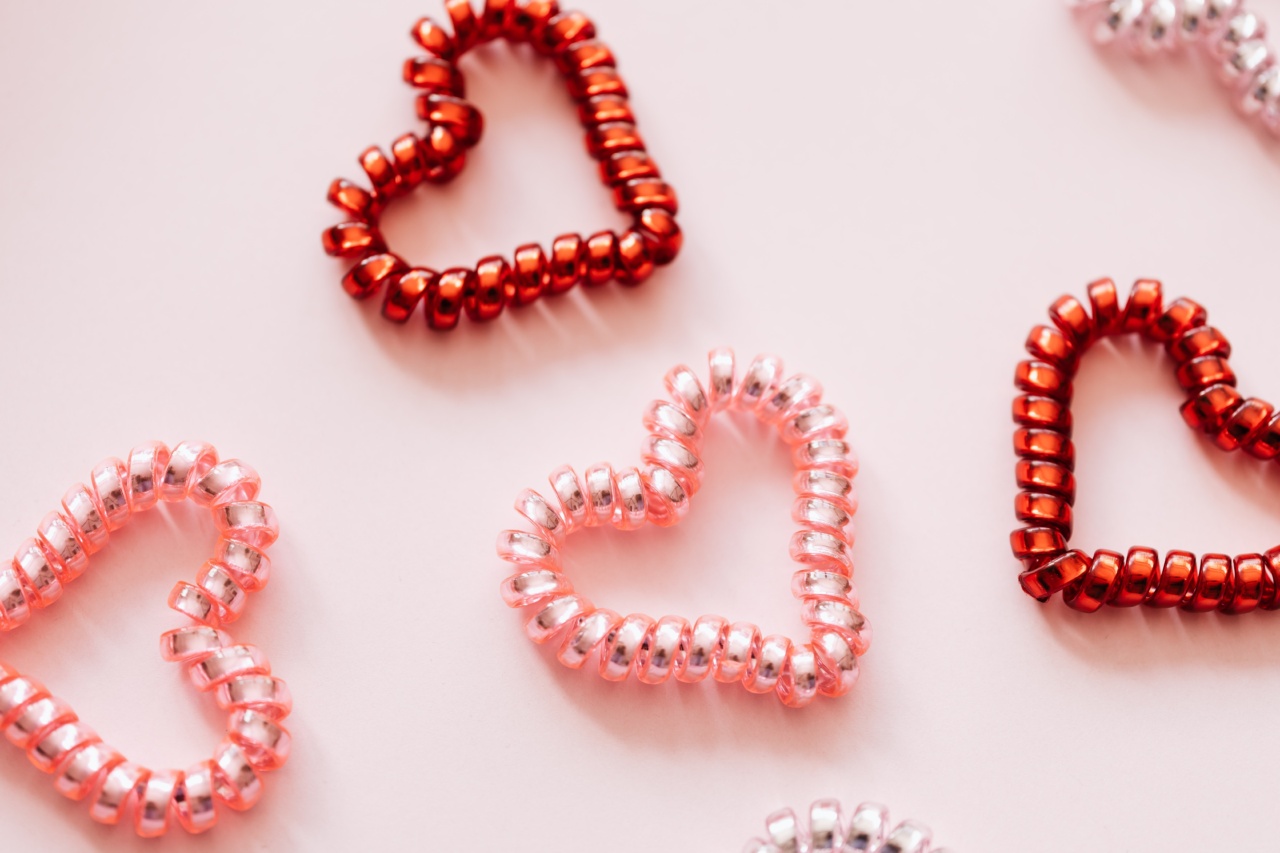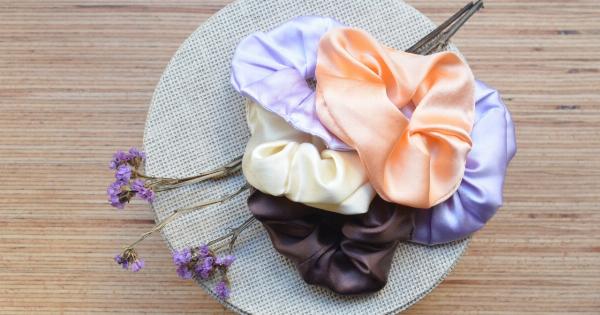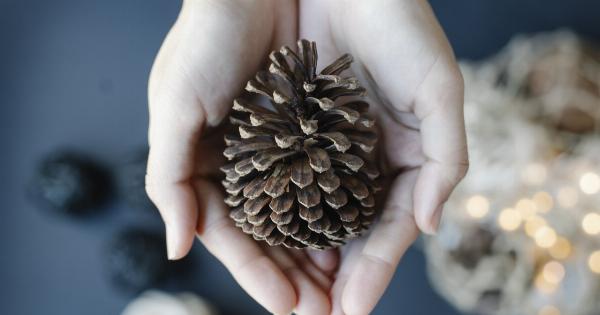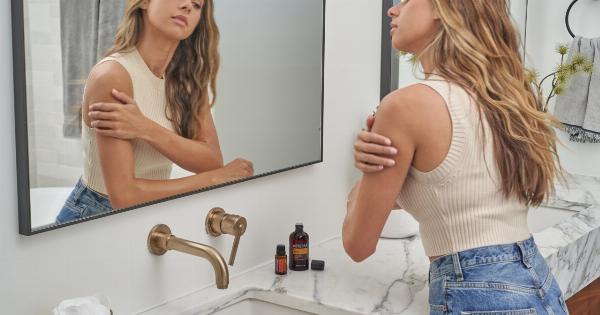Having shiny and healthy hair is a desire that many of us share. However, achieving that lustrous and glossy look can often be a challenge, especially when we expose our hair to harmful chemicals found in various hair care products.
Fortunately, there are natural alternatives available that can help you achieve shiny hair without any negative side effects. In this article, we will uncover the secrets to shiny hair without the use of harmful chemicals.
The Importance of Avoiding Harmful Chemicals
Before we delve into the secrets of achieving shiny hair naturally, it is essential to understand why avoiding harmful chemicals is crucial. Many popular hair care products contain chemicals such as parabens, sulfates, and synthetic fragrances.
These chemicals can cause long-term damage to your hair, leading to dryness, breakage, and even hair loss. By steering clear of these harmful ingredients, you can protect your hair and maintain its natural shine.
1. Choose Sulfate-Free Shampoos
Sulfates are commonly found in shampoos and can strip your hair of its natural oils, leaving it dry and dull. Opt for sulfate-free shampoos that gently cleanse your hair without harming its natural moisture.
2. Incorporate Apple Cider Vinegar Rinse
Apple cider vinegar is a natural remedy that can restore the shine to your hair. Mix equal parts of apple cider vinegar and water, and use it as a final rinse after shampooing.
This helps balance the pH of your hair, resulting in increased shine and reduced frizz.
3. Embrace Natural Oils
Natural oils, such as argan oil, coconut oil, and jojoba oil, are excellent for adding shine and hydration to your hair. Apply a few drops of your preferred oil to the mid-lengths and ends of your hair to tame frizz and enhance shine.
4. Try Aloe Vera Gel
Aloe vera gel is a versatile natural ingredient that can benefit your hair in multiple ways. Apply a small amount of aloe vera gel to your hair and distribute it evenly. Not only does it add shine, but it also helps condition and nourish your hair.
5. Limit Heat Styling
Excessive heat styling can damage your hair and make it appear dull and lifeless. Whenever possible, avoid blow dryers, curling irons, and straighteners.
Let your hair air dry or use the lowest heat setting to minimize damage and keep your hair looking shiny.
6. Use Natural Hair Masks
Treat your hair to a natural hair mask once a week. You can create a mask using ingredients like yogurt, honey, avocado, or banana. These masks provide deep hydration and nourishment, leaving your hair shiny and healthy.
7. Avoid Overwashing
Washing your hair too frequently can strip away its natural oils and leave it dry. Try to limit washing to every other day or even less frequently if your hair allows.
This allows your hair’s natural oils to nourish and protect your strands, resulting in shinier hair.
8. Use a Wide-Toothed Comb
Choose a wide-toothed comb instead of a brush to detangle your hair. This prevents unnecessary breakage and helps distribute your hair’s natural oils from root to tip, giving it a healthy shine.
9. Protect Your Hair from the Sun
Just like your skin, your hair can be damaged by the sun’s UV rays. When spending time outdoors, protect your hair by wearing a hat or using a hair product containing SPF. This helps maintain the shine and prevents your hair from drying out.
10. Maintain a Balanced Diet
The secret to shiny hair also lies in what you consume. To nourish your hair from within, ensure you have a balanced diet that includes plenty of fruits, vegetables, lean proteins, and healthy fats.
Foods rich in omega-3 fatty acids, such as salmon and walnuts, are particularly beneficial for hair health.






























